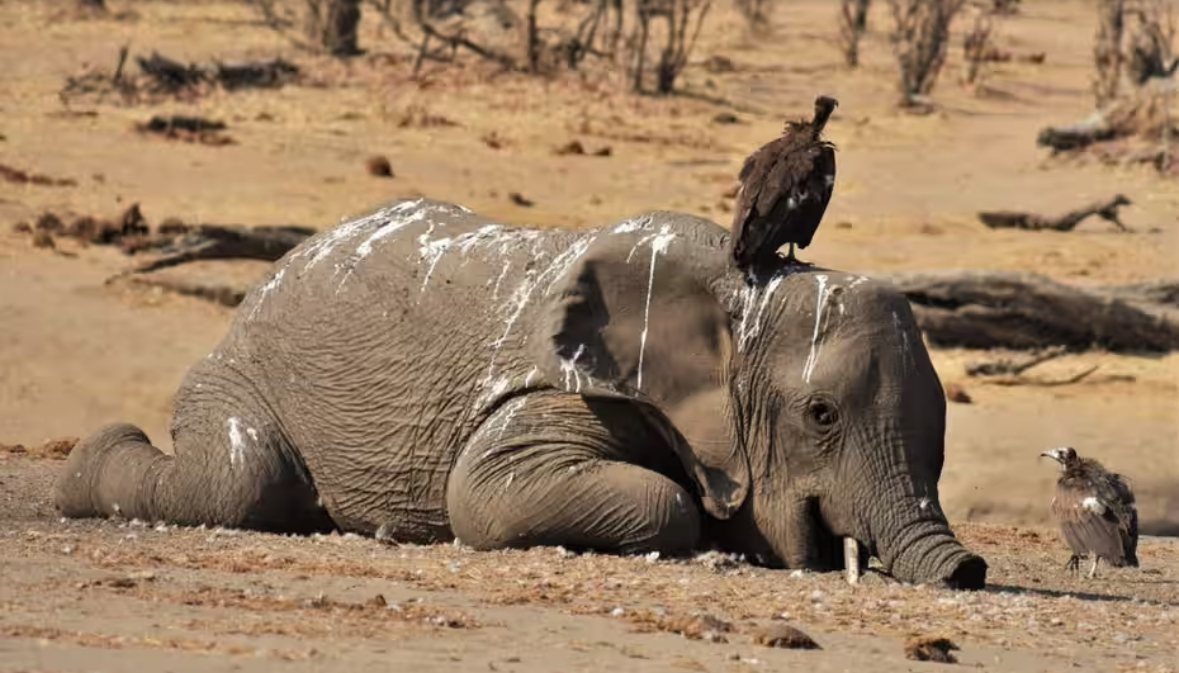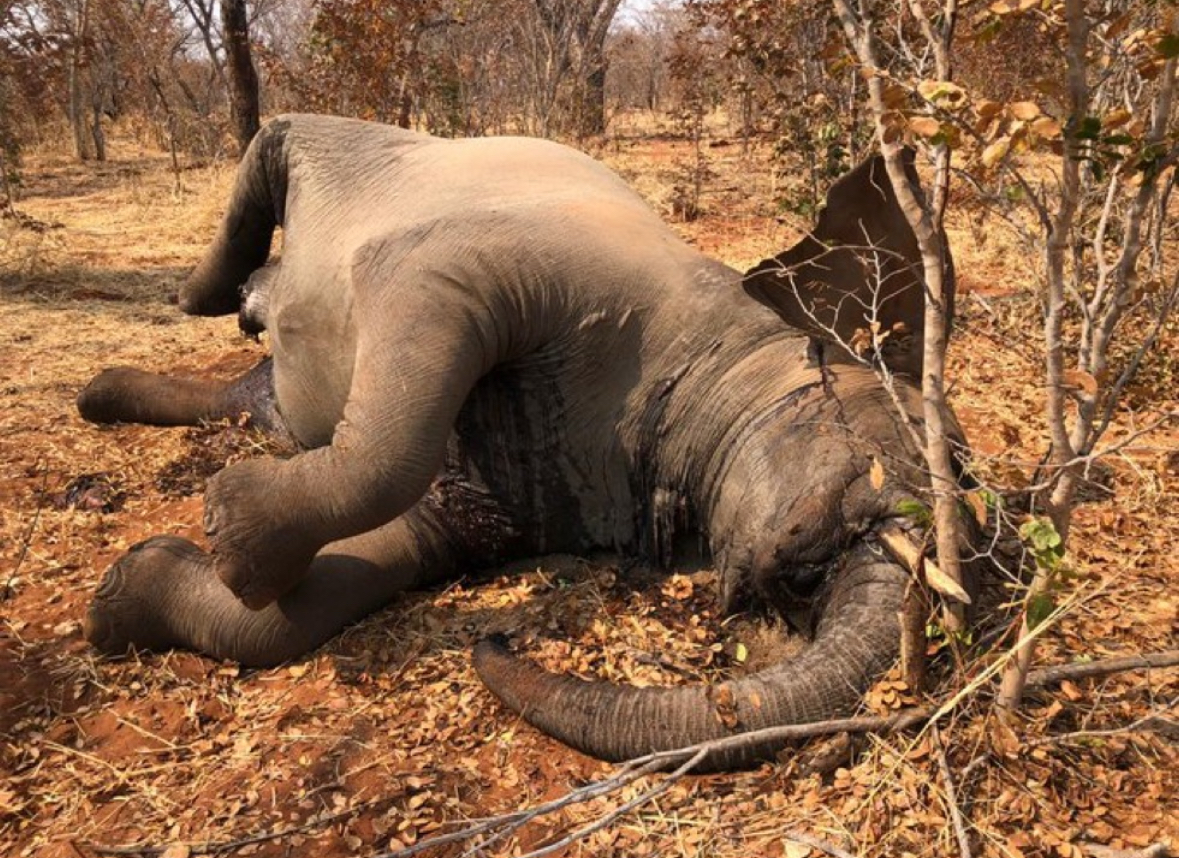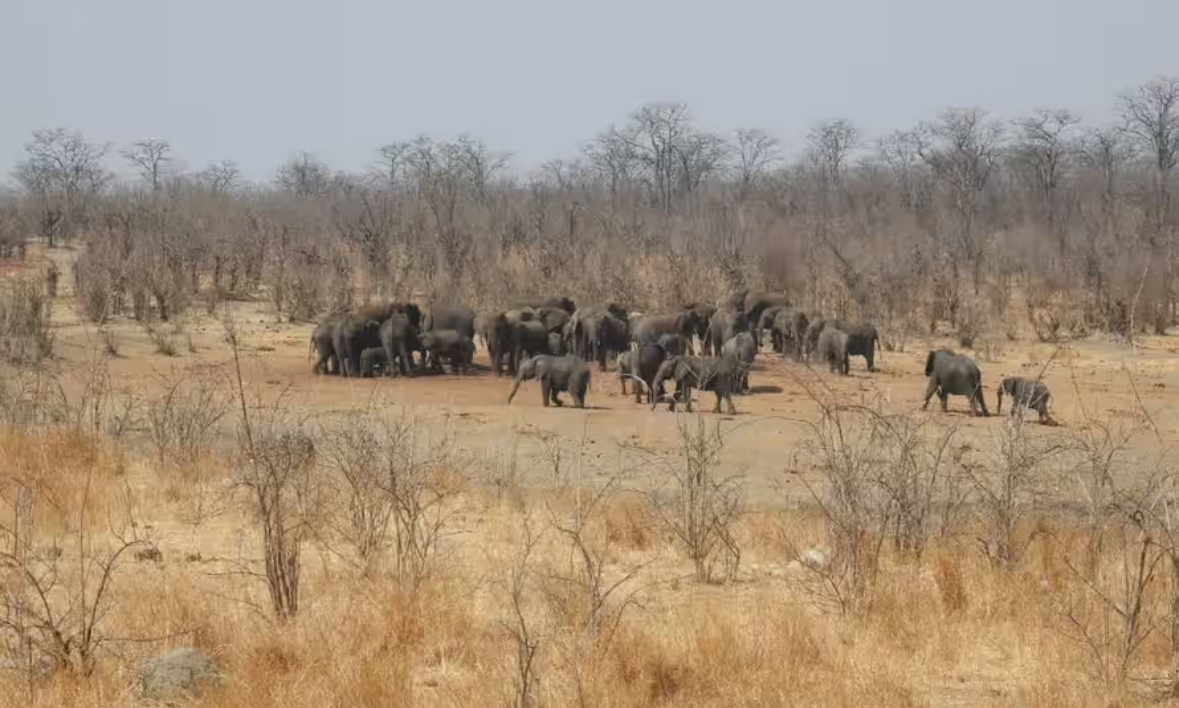The elephant population in Zimbabwe's Hwange National Park has suffered greatly as a result of the drought. Over 160 elephants tragically died last year between August and December as a result of severe dehydration and starvation brought on by a lack of food and water. Southern Africa's drought has gotten worse because of its longer duration and the consistently dry weather. Hwange Park did not receive any precipitation at all between February and November of 2023. According to research, there's a chance that 2024 will see something similar.

Installing solar-powered systems
Conservationists are swiftly implementing measures to facilitate elephants' access to food-rich areas, such as drilling boreholes and installing solar-powered systems for their sustenance. Additionally, poaching is increasingly becoming a significant concern. Due to the challenging economic conditions in Zimbabwe, there has been an unfortunate increase in bushmeat poaching. In January, a tragic incident occurred near Hwange Park where six elephants lost their lives. It is believed that poaching was responsible for this devastating outcome.

Wildlife in Zimbabwe
The Zimbabwe Environmental Law Association stresses that wildlife in Zimbabwe is facing more and more dangers, and USAID's Famine Early Warning Systems Network calls attention to the country's terrible food security situation. Wildlife advocates and veterinarians are still dedicated to stopping poaching, keeping the law, and patrolling, even with these problems.

Unfortunately, what's happening in Zimbabwe shows how important it is to keep up conservation efforts and fight climate change. Elephants have been badly hurt by the repeated droughts and lack of water, and these problems may get worse in the future if nothing is done.
(With inputs from agencies)
(Image Source : X )
© Copyright 2024. All Rights Reserved Powered by Vygr Media.





















